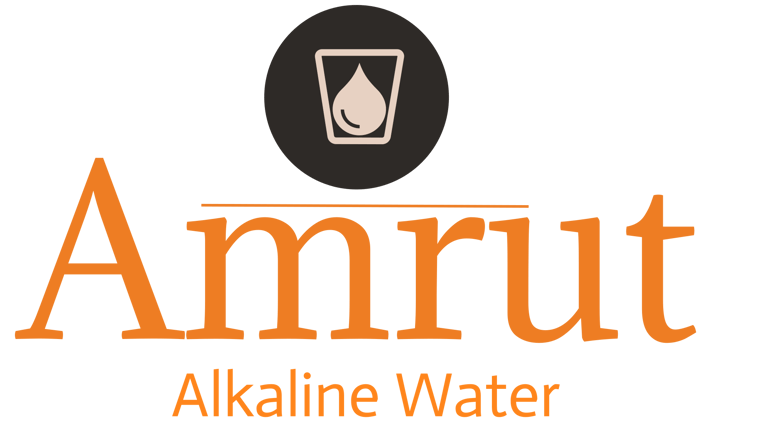Alkaline Water vs. Hydrogen Water: A Detailed Comparison
Both alkaline water and hydrogen water are popular for their purported health benefits, but they differ in composition, production methods, and effects on the body. Here’s a comprehensive comparison:
1. Definition
• Alkaline Water: Water with a pH level above 7, often enhanced with minerals (calcium, magnesium) or created via ionization. It’s touted for its ability to neutralize acidity and improve hydration.
• Hydrogen Water: Water infused with molecular hydrogen (H₂), a powerful antioxidant. It doesn’t alter the pH of water but may provide benefits by reducing oxidative stress.
2. pH Level
• Alkaline Water: Typically has a pH between 8 and 10. It’s either naturally alkaline (e.g., spring water) or ionized.
• Hydrogen Water: Neutral pH (around 7). Its focus is on adding molecular hydrogen rather than changing pH.
3. Key Features
• Alkaline Water:
• Higher pH helps neutralize stomach acid.
• Contains minerals like calcium, potassium, and magnesium.
• May be naturally sourced or produced using an alkaline water machine.
• Hydrogen Water:
• Infused with hydrogen gas, which acts as an antioxidant.
• The small size of hydrogen molecules allows them to penetrate cells and neutralize free radicals.
• Often created using hydrogen generators or tablets.
4. Health Benefits
Alkaline Water:
• May help with acid reflux by neutralizing stomach acid.
• Claims to improve hydration due to smaller water clusters (though evidence is limited).
• Potential to support bone health and detoxification (not strongly proven).
Hydrogen Water:
• Scientifically shown to reduce oxidative stress by neutralizing free radicals.
• May improve energy, reduce inflammation, and support recovery after exercise.
• Potential benefits for metabolic disorders, brain health, and anti-aging (based on emerging research).
5. Scientific Evidence
• Alkaline Water: Limited and mixed evidence. Some studies suggest benefits for acid reflux and hydration, but most claims are anecdotal.
• Hydrogen Water: Backed by growing scientific research, particularly in its antioxidant and anti-inflammatory effects.
6. Production and Cost
• Alkaline Water:
• Produced through ionization or adding minerals.
• Can be expensive if using ionizer machines or buying bottled options.
• Hydrogen Water:
• Produced using hydrogen-generating machines, tablets, or pre-packaged bottles.
• Often more expensive due to the technology involved.
7. Suitability
• Alkaline Water:
• Best for individuals dealing with acid reflux or seeking to experiment with high-pH water.
• May not be suitable for those with kidney issues due to its mineral content.


